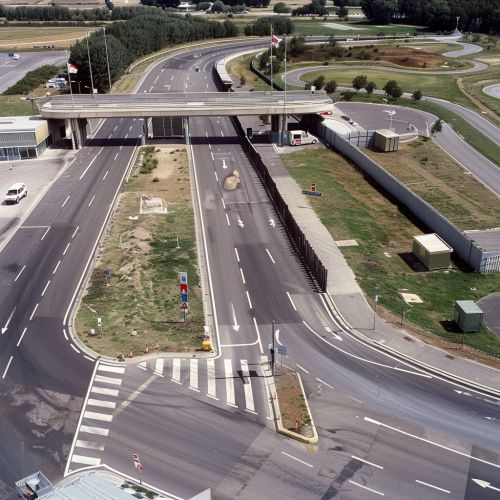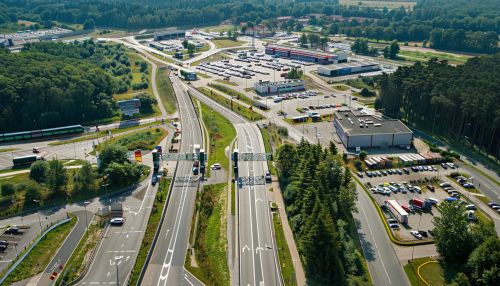Schengen Area
Overview
The Schengen Area is a region comprising 26 European countries that have abolished passport and other types of border control at their mutual borders. The area is named after the 1985 Schengen Agreement signed in Schengen, Luxembourg.


History
The Schengen Area was established on 14 June 1985 when five of the ten member states of the European Economic Community signed the Schengen Agreement. These were Belgium, France, West Germany, Luxembourg, and the Netherlands. The agreement proposed the gradual abolition of border checks at the signatories' common borders.
Member States
As of 2021, the Schengen Area encompasses 26 European countries: Austria, Belgium, Czech Republic, Denmark, Estonia, Finland, France, Germany, Greece, Hungary, Iceland, Italy, Latvia, Liechtenstein, Lithuania, Luxembourg, Malta, Netherlands, Norway, Poland, Portugal, Slovakia, Slovenia, Spain, Sweden, and Switzerland.
Legal Basis
The legal basis for the Schengen Area and the abolishment of border controls within it is the Schengen Agreement and the associated Schengen Convention. These were later incorporated into European Union (EU) law by the Amsterdam Treaty in 1999.
Functioning of the Schengen Area
The Schengen Area operates very much like a single state for international travel purposes with external border controls for travellers entering and exiting the area, and common visas, but with no internal border controls. It is a key example of European integration, towards which the EU has been striving since the 1950s.
Impact
The Schengen Area has had significant impact on travel and commerce in Europe. It has facilitated the free movement of people and goods, contributing to the economic growth of member countries. However, it has also raised concerns related to security and migration.
Criticism and Controversies
The Schengen Area has faced criticism and controversies, particularly in relation to its handling of the European migrant crisis and concerns over terrorism. Some member states have temporarily reintroduced border controls in response to these issues.
Future of the Schengen Area
The future of the Schengen Area is a topic of ongoing debate. While some advocate for its expansion, others argue for reform or even its dissolution in response to security and migration challenges.
